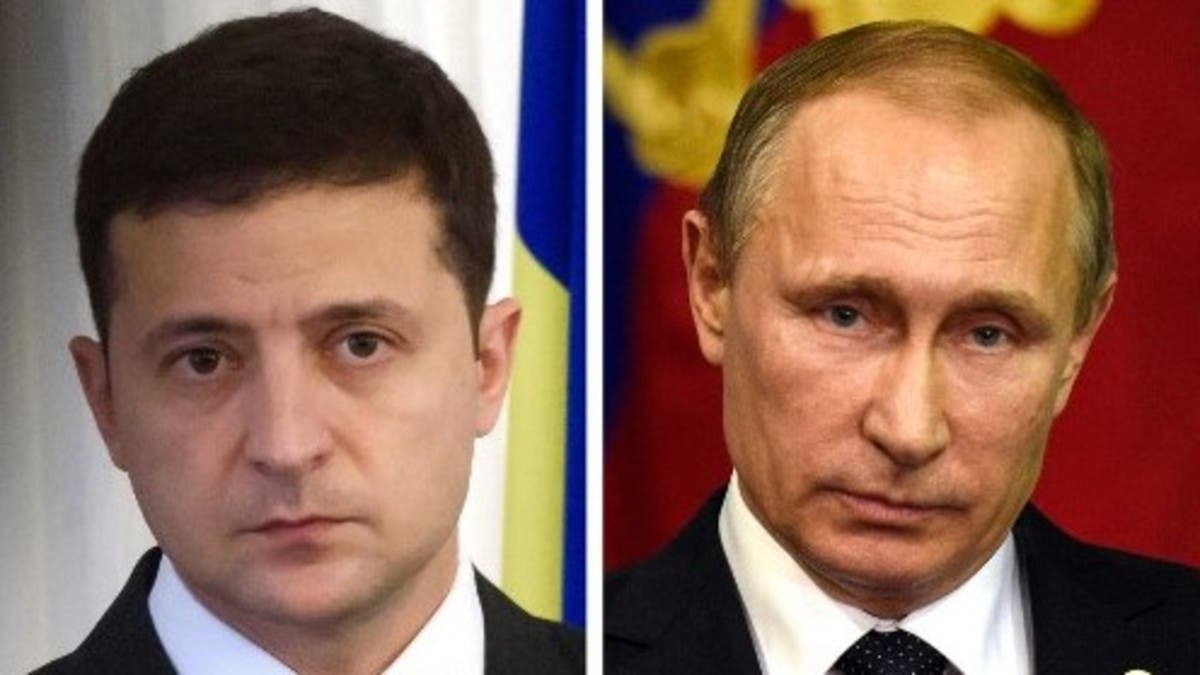Russia launched a large-scale invasion of Ukraine on Feb. 24. Here is a timeline of Ukraine's fraught relationship with Moscow since it won independence in 1991 and the events that led to the current conflict.
1991: Shortly after the fall of the Soviet Union, Ukraine declares independence from Moscow.
2004: Pro-Russian candidate Viktor Yanukovich is declared president but allegations of vote-rigging trigger protests, known as the Orange Revolution, forcing a re-run of the vote. Pro-Western former prime minister, Viktor Yushchenko, is elected president.
2005: Yushchenko takes power with promises to lead Ukraine out of the Kremlin's orbit, towards NATO and the EU.
2008: NATO promises Ukraine it will one day join the alliance.
2010: Yanukovich wins a presidential election.
2013: Yanukovich's government suspends trade and association talks with the EU and opts to revive economic ties with Moscow, triggering months of mass rallies in Kyiv.
February 2014: Parliament votes to remove Yanukovich after bloodshed in the protests. Within days, armed men seize parliament in the Ukrainian region of Crimea and raise the Russian flag. Moscow later annexes the territory.
April 2014: Pro-Russian separatists in the eastern region of Donbass declare independence. Some 15,000 people have been killed since 2014 in fighting between the separatists and the Ukrainian army, according to the Kyiv government.
2017: An association agreement between Ukraine and the EU opens markets for free trade of goods and services, and visa-free travel to the EU for Ukrainians.
2019: Former comic actor Volodymyr Zelenskiy is elected president.
Jan. 2021: Zelenskiy appeals to U.S. president Joe Biden to let Ukraine join NATO. In February, his government freezes the assets of opposition leader Viktor Medvedchuk, the Kremlin's most prominent ally in Ukraine.
Spring 2021: Russia begins massing troops near Ukraine's borders in what it says are training exercises.
Nov. 2021: Satellite images taken by Maxar Technologies show ongoing buildup of Russian forces near Ukraine with estimates soon surpassing 100,000 troops deployed.
Dec. 17 2021: Russia presents security demands including that NATO pull back troops and weapons from eastern Europe and bar Ukraine from ever joining.
Jan. 24 2022: NATO puts forces on standby and reinforces eastern Europe with more ships and fighter jets.
Jan. 26: Washington responds to Russia's security demands, repeating a commitment to NATO's “open-door” policy while offering a “pragmatic evaluation” of Moscow's concerns. Two days later Russia says its demands not addressed.
Feb. 2022: Amid growing Western fears Russia could attack Ukraine, the United States says it will send 3,000 extra troops to NATO members Poland and Romania. Washington and allies say they will not send troops to Ukraine, but warn of severe economic sanctions if Russian President Vladimir Putin takes military action.
Feb. 21: In a TV address, Putin says Ukraine is an integral part of Russian history and has a puppet regime managed by foreign powers. Putin orders what he called peacekeeping forces into two breakaway regions in eastern Ukraine, after recognising them as independent.
Feb. 22: The U.S., Britain and their allies sanction Russian parliament members, banks and other assets in response to Putin's troop order. Germany halts the Nord Stream 2 gas pipeline project.
Feb. 23: Russian-backed separatist leaders ask Russia for help repelling aggression from the Ukrainian army.
Feb. 24: Putin authorizes “special military operations” in Ukraine. Russian forces begin missile and artillery attacks, striking major Ukrainian cities including Kiev.
Feb. 26: Western allies announce new sanctions, including restrictions on Russia's central bank and expelling key banks off the main global payments system.
For the latest headlines, follow our Google News channel online or via the app.
Read more:
Russia expected to try and encircle Kyiv in coming days: US official
Russian rocket strikes kill 11 in Ukrainian city of Kharkiv, says regional official
Russian strategic missile forces placed on high alert after Putin order

 World3 years ago
World3 years ago
 World3 years ago
World3 years ago
 Business11 months ago
Business11 months ago
 Entertainment7 years ago
Entertainment7 years ago
 World7 years ago
World7 years ago
 Entertainment7 years ago
Entertainment7 years ago






